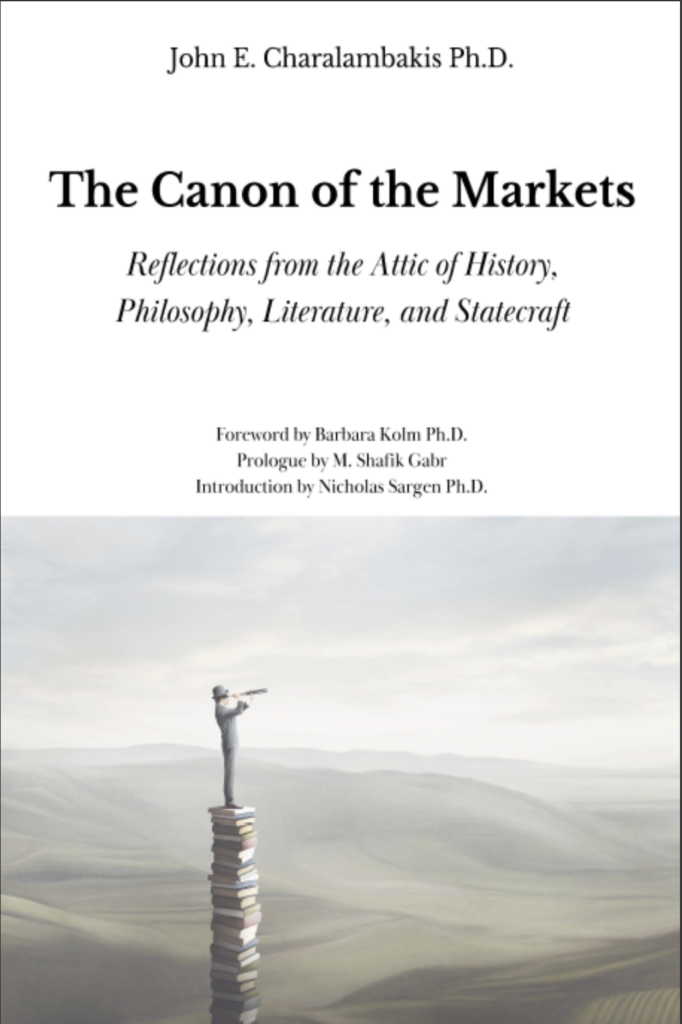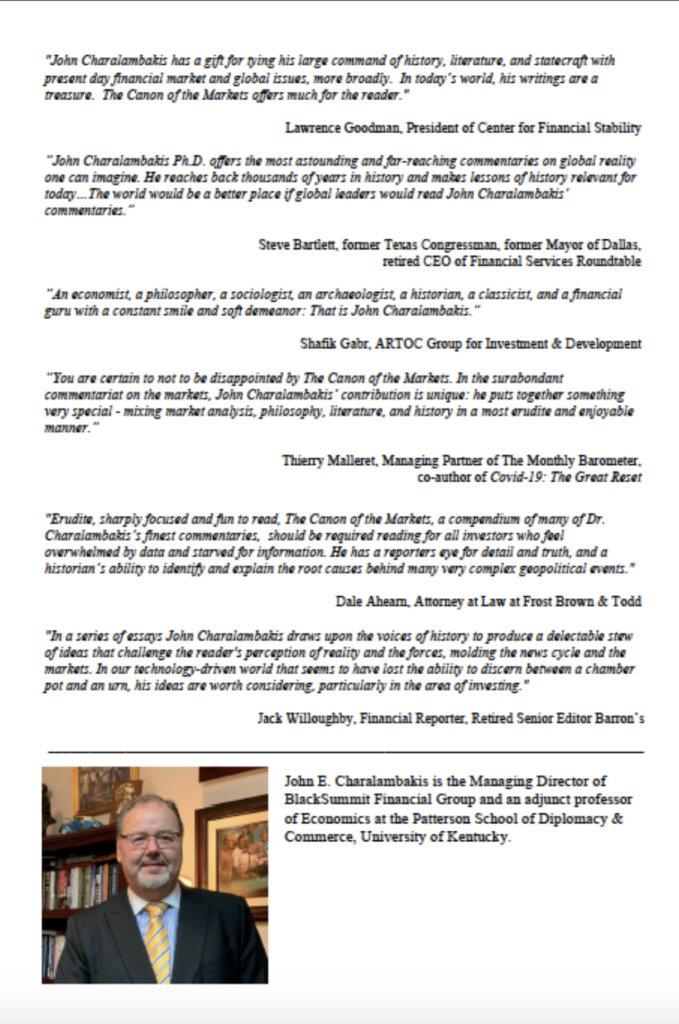Putin capitalized on the failure of democracy in Russia in the late 1990s, ushering in an era of anti-western policies and founding an authoritarian regime. His resentment towards the West and his obsession with restoring Russia’s military might is at the center of his “war of choice” in Ukraine. In our summaries this week, we examine Putinism and Putin’s rise to power, and we also look at his relationships with Hungary and China. Both Hungary and China are riding the fine line of “neutrality” while at the same time being closely aligned with Russia. Soon, they may be forced to make the choice between publicly condemning Putin or supporting him.
The Making of Vladimir Putin
Roger Cohen, New York Times
The Putin of 2022 is far removed from the Putin of 2001: while the latter version once considered Russia “a friendly European nation,” today’s Putin sees those too close to the West as “scum and traitors.” Whether it was a deliberate attempt to cover his true intentions with a veneer of sincerity or the natural stress that comes from 20 years as the Russian head of state changing his attitudes, the Russian president’s tone has shifted dramatically in recent years. Gone are the days of a “straightforward and trustworthy” Putin, as President George W. Bush characterized him, if those days ever existed. After all, Mr. Putin’s KGB training taught him to be “like a mirror, adapting to what he sees.” Now, the foreign and domestic policy of Putinism – a macho, anti-liberal, anti-Western philosophy rooted in the personality of the man himself – has taken control of Russia. It seems that Putin sees the strength of Russia’s military, its ability to take up arms to defend or advance what it believes in, to be its primary virtue. That way of thinking is on gruesome display in Russia’s war of choice in Ukraine – he considers Russia to have been “robbed” of the Ukrainian people. With the West seemingly too self-absorbed in its “decadence,” he saw an opportunity to strike, to what seems to be his own destruction. In the aftermath of the invasion, NATO has coalesced, the EU has unified, Germany has begun rearmament and pushed to sever its energy dependence on Russia, the Russian economy is in shambles, and Ukrainian nationhood has more support thanks to the courageous leadership of President Zelensky. The destruction of both Ukrainian and Russian prospects led President Biden to go off his script in Poland on Saturday: “for God’s sake, this man cannot remain in power.”
The friendship between China and Russia has boundaries
The Economist
China stands in a potentially beneficial position in the conflict between Russia and Ukraine. China can capitalize on the conflict economically by obtaining a cheaper and more easily accessible supply of gas. Russia has no problem providing this benefit to China because it can relieve the pressure of sanctions. Through this new trade dynamic, Russia’s dependence on China as an ally has increased exponentially, but China must be careful about how to handle the relationship so that it does end up causing sanctions on itself. Currently, oil and gas dominate the China-Russia trade relationship, as Russia is China’s third-largest supplier of gas and bought nearly one-third of Russian exports of crude oil in 2020. However, the demand for most other Russian products is not matched by equal Chinese demand. In fact, the Chinese supply of goods from the West dwarfs Russia’s supply. For example, Europe and America sold about $490 billion in goods to China last year, which is six times what Russia sells to China. Although China may not be willing or able to fully prevent the sanctions from affecting Russia, they seem willing to stand down in their criticism or intervention against Russia due to the way the conflict may end up indirectly advancing some of their global political ambitions. Chinese diplomats at dozens of embassies have all said that China wants a world order built around its sphere of influence, with China in control of Asia. Russia’s ability to deconstruct Western global dominance through trade dispersion and the brokering of new non-Western alliances can help China to this end. If this push toward a new order is helped into existence by Russia’s war in Ukraine, then China may be thinking, “so be it.”
Dispatch From Hungary: The Man Trying to Return His Country to the Free World
Michelle Goldberg, New York Times
Peter Marki-Zay, the opposition candidate running against Victor Orban for prime minister, is trying to bring Hungary back to the “free world”. Marki-Zay believes his country is stuck in the middle between two worlds: the liberal West and Putin’s Russia. Now, as the war in Ukraine has heightened this divide, he says Hungary must choose; “And we have to choose Europe, West, NATO, democracy, rule of law, freedom of the press, a very different world. The free world.” As Hungary approaches the April 3rd parliamentary elections, Marki-Zay faces a barrage of propaganda against him and a “tilted” system which favors Orban’s party, Fidesz. However, Marki-Zay seems to have a shot at defeating his authoritarian opponent, with some putting his chances as high as 50%. The deciding factor in this election may be very much tied to the war in Ukraine. If voters see Orban’s relationship with Russian President Vladimir Putin as a major liability, Marki-Zay and Hungary’s opposition parties could come out on top.Orban’s alignment with Russia has already tarnished his international image. Even if he were to win another election, Orban’s authoritarian aspirations and dreams of creating a right-wing nationalist bloc in Europe may have come to an end as Putin’s invasion of Ukraine has severely damaged his reputation and that of his populist sympathizers across the world.
What is Putin Thinking?
David Remnick, The New Yorker
Boris Yeltsin, the first president of the Russian Federation who served from 1991 to 1999, failed to garner support for democracy following the fall of the communist Soviet Union in 1989. Vladimir Putin came to power in 1999 not as a man of ideology, but as one of managerial competence, riding on the failure of liberal democracy in Russia. As a man trained by the K.G.B. to view the West as his enemy, he set up a “personalist regime built around his patronage and absolute authority.” He created a nationalist identity centered on resentment towards the West and the belief that the world was full of conspirators trying to bring Russia down. Throughout his rule, Putin has been “obsessed” with bolstering Russia’s security services to not only exert domestic control but also restore Russia’s might in the world. This identity and obsession, both of which have been there from the beginning, have been central to Putin’s invasion of Ukraine. Over the last several years, Putin has been successful at cracking down on dissent, domestically and internationally, and at exporting his “particular brand of illiberalism” to populist leaders around the world, including the Jobbik movement in Hungary, the National Front in France, the Golden Dawn in Greece, and the right-wing of the Republican Party in the US, among others. Putin’s actions, whether it be the devastation of Ukrainian cities, his occupation of Crimea, his annexation of Eastern Ukraine, or the poisoning of opposition figures, demonstrate his absolute disregard for international law and his dedication to serving his personal ideals of power and might.


